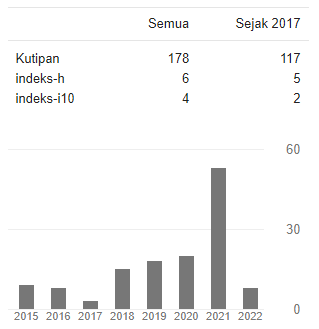Pemetaan Pengelolaan Jenis Sampah di Pemerintah Desa Panggungharjo Berdasarkan Akuntansi Lingkungan (Mapping Waste Management in Panggungharjo Village Government Based on Environmental Accounting)
Abstract
This study uses a phenomenological approach with data collection techniques in the form of memos, documentation, and interviews. Data analysis was carried out using Strauss and Corbin coding models. The results of this study regarding the mapping of waste type management based on environmental accounting in village government include the first building political infrastructure, the second building social infrastructure, the third building economic infrastructure, the fourth building technological infrastructure and the fifth mapping of waste type management in the Panggungharjo village government based on environmental accounting. The implications include resource optimization, increased community participation, and contribution to the village-level environmental accounting literature. This research also presents a waste mapping model that can be replicated in other regions and supports sustainable village policies and national programs related to waste management. The novelty of the research lies in the application of environmental accounting to measure the effectiveness of waste management at the village level, which integrates social, economic, and environmental aspects in community-based management.


_mini-1.jpg)






1.jpg)









